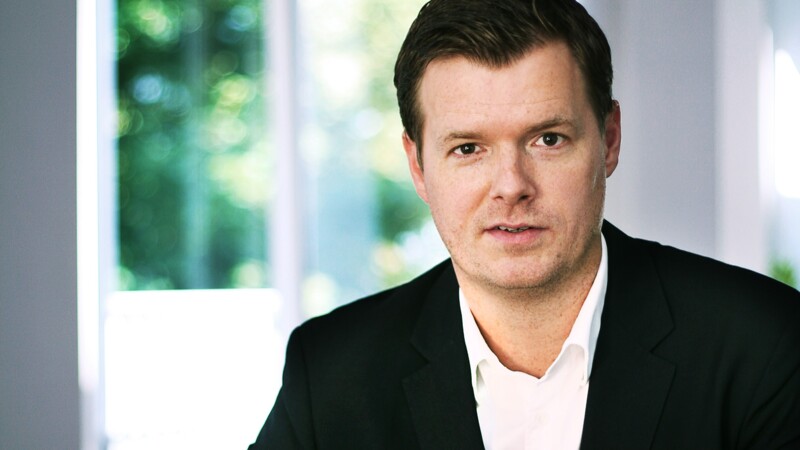ML is a catalyst of economic innovation and development and is likely to make waves in engineering as the field has yet to tap into the potential of self-learning systems. The MLE@TUHH initiative aims to change this state of affairs. In 2020, students, PhD candidates, postdocs and professors across the TU joined forces with the Helmholtz Center Hereon to boost the transfer of knowledge to business and industry. "Medium-sized companies in particular are very interested in the topic. But there is uncertainty about how ML can be profitably established in a company," Turau noted.
The MLE@TUHH initiative is gearing up to host the second MLE Days from September 15-16, 2022 at the TU in Hamburg. Machine learning, which is a sub-field of artificial intelligence, involves algorithms that recognise patterns in data sets and develops solutions from them. "Although ML was developed in the 1970s and 1980s, it is only now gaining widespread acceptance thanks to powerful computers and in a variety of fields," said Professor Volker Turau, Head of the Telematics Group at the Hamburg University of Technology (TU) and spokesperson for the Machine Learning in Engineering initiative. Self-learning systems are on the rise and 73 per cent of large companies with more than 10,000 employees and 59 per cent of small companies now use ML, a survey entitled Machine Learning 2021 by IDG has found. A total of 367 companies of various sizes and annual sales in various industries had been surveyed. The pandemic forced the 2021 machine learning in engineering conference to go virtual.
Using ML profitably
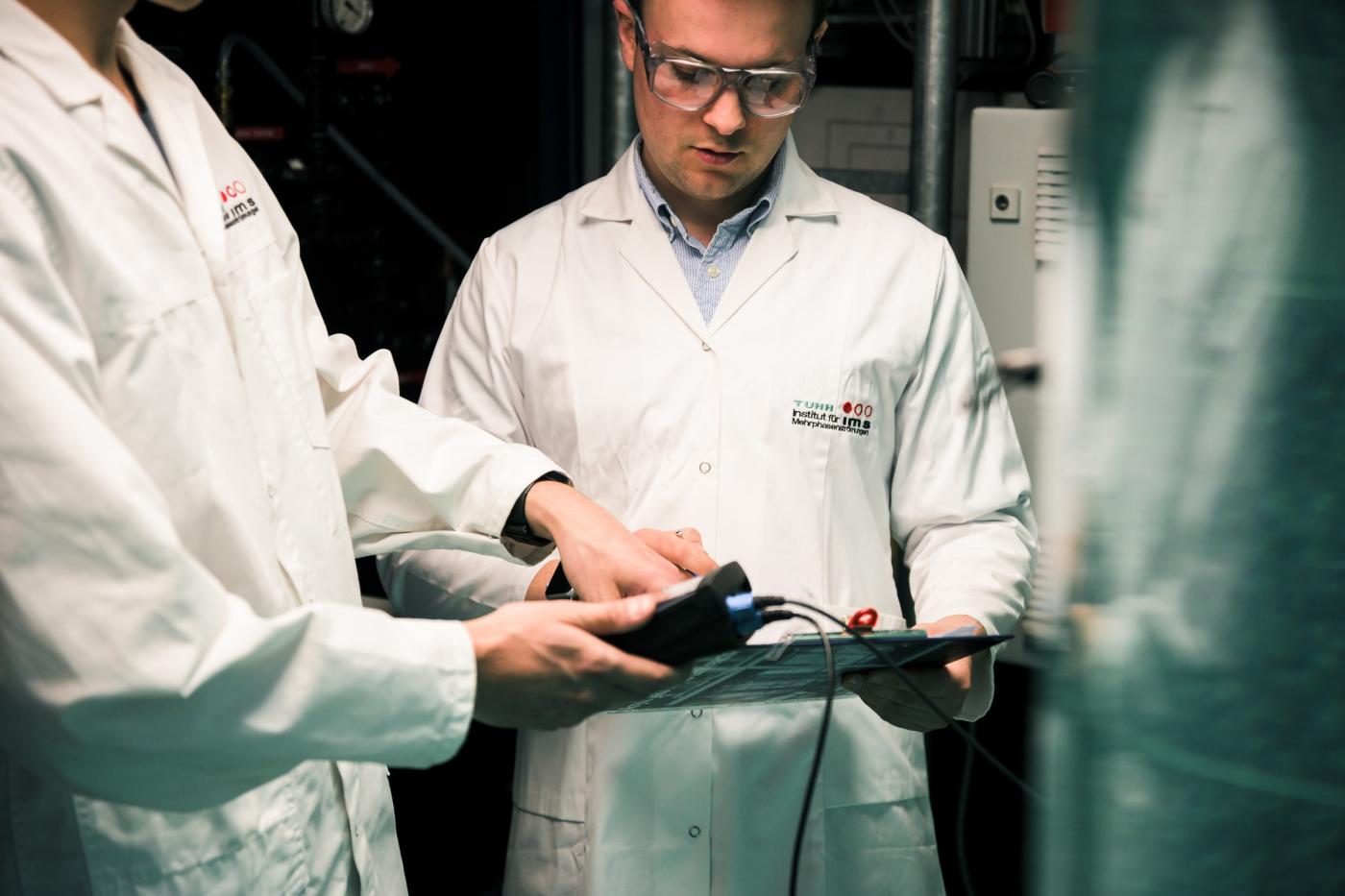
Expertise and use cases
"We want to show what ML can do during the MLE Days 2022 in September. And there's a lot," said Professor Christian Schuster, Head of the Institute for Theoretical Electrical Engineering at TU. "Engineering can potentially help solve pressing issues. We can take this aspiration to a whole new level with ML." The machines used can generate huge amounts of high-quality data, which form the basis for viable ML applications. The agenda of this year's conference features use cases to exemplify precisely this viability in addition to keynotes, workshops and networking sessions on aeronautical engineering, civil engineering, maritime logistics, process engineering, materials science and energy technology.
Special event for start-ups
"The sessions are designed as a mix of academic and practical applications in business and industry," said Professor Christoph Ihl, Head of the Institute for Entrepreneurship at TU. Start-ups will be given a special stage separately from companies like Lufthansa Technik or the ARIC industry network. "The MLE initiative is a partner of the new AI.Startup Hub Hamburg, which backs start-ups specialisig in AI. Eight promising start-ups will have the opportunity to present their business models during the MLE DAYS 22," said Ihl.
MLE School 2022 on September 13-14
The TU will also host the Summer School for Machine Learning in Engineering on September 13-14, 2022 for PhD and and Master students in the run-up to the conference. "Participants can expect two days of joint learning - from the basics to use cases. Concrete applications will be developed in working groups so that everyone can take something tangible home with them," said Schuster, highlighting in particular the concluding networking event as the interface between the MLE Days and the Summer School. "Participating companies and partners of the MLE Days meet high potentials there. This facilitates high-calibre recruiting in an informal setting."
ys/pb
Sources and further information
More
Similar articles
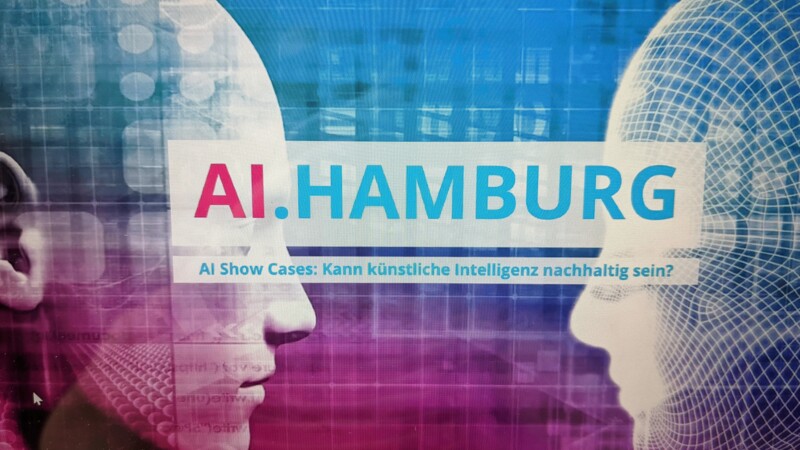
AI.Hamburg's cutting-edge technology for environmental protection
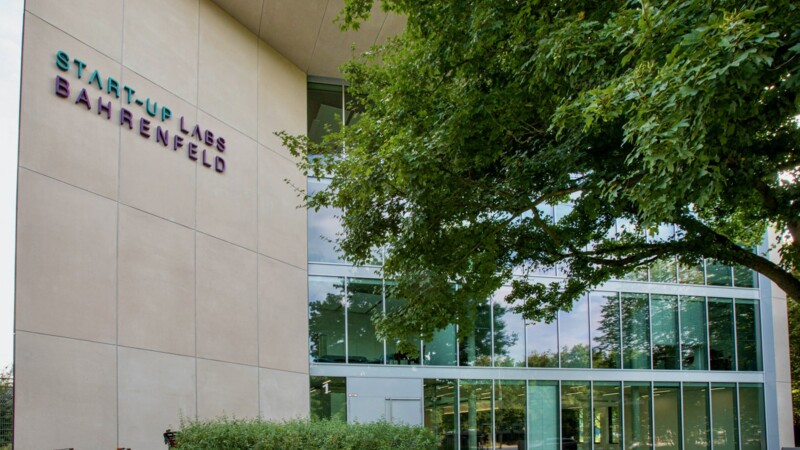
Glimpse behind scenes at Startup Labs Bahrenfeld
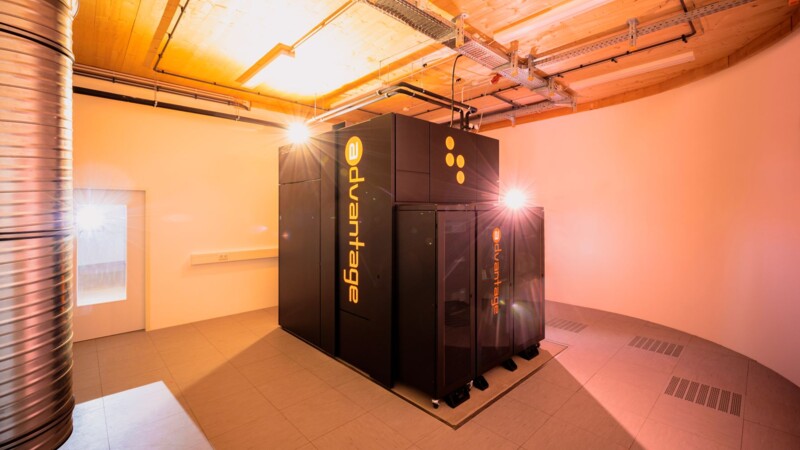
Power of quantum computing huge thanks to simultaneous processing
